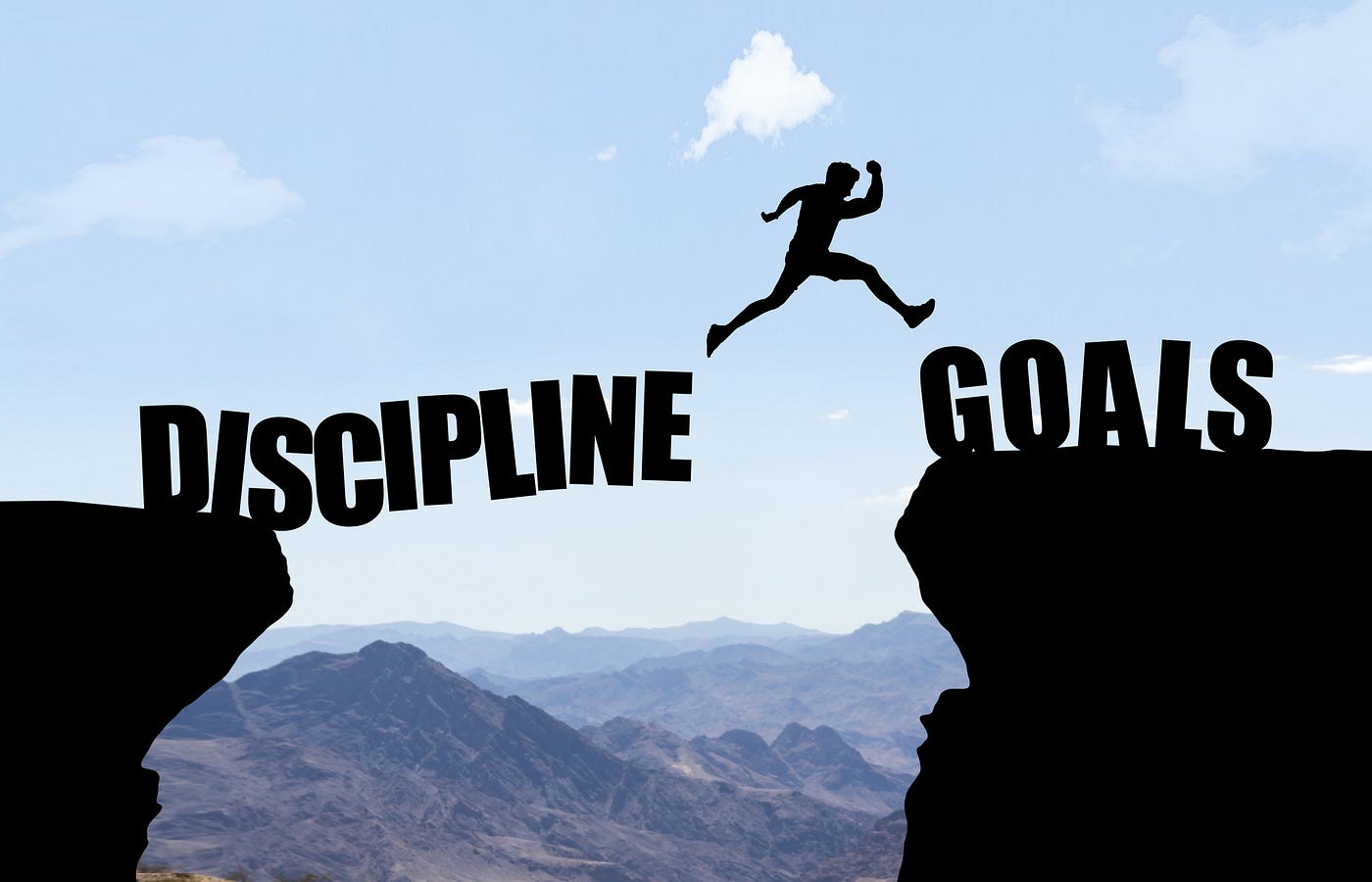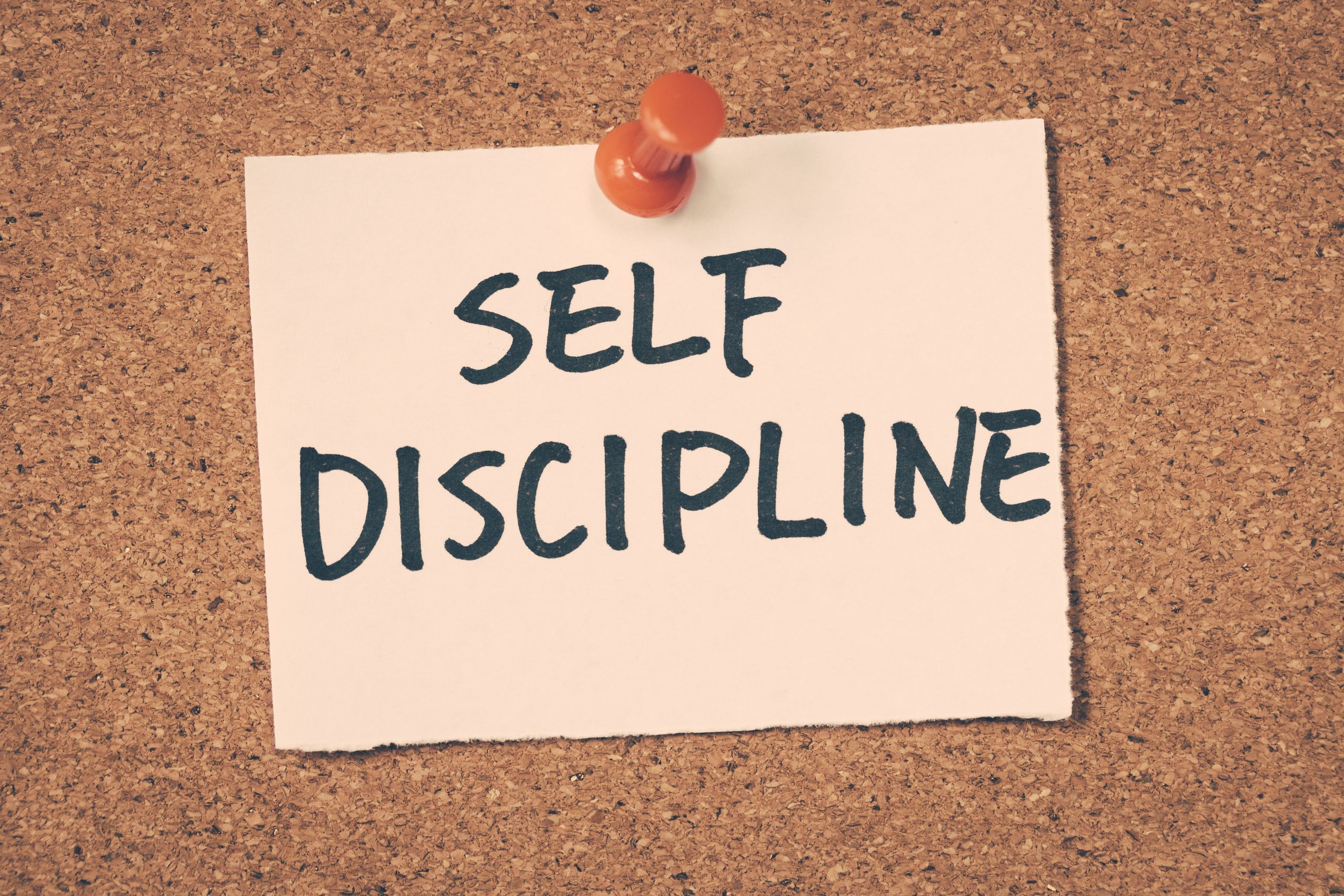Certainly! Self-discipline is a fundamental quality that empowers individuals to stay focused, achieve goals, and lead more organized and productive lives. It's a skill that can be developed and cultivated over time, and it plays a crucial role in personal growth, success, and overall well-being. In this guide, we will explore practical strategies and tips to help you build and strengthen self-discipline in various aspects of your life. Whether you're looking to enhance your productivity, stick to healthy habits, or accomplish long-term goals, developing self-discipline is the key to unlocking your full potential.
1. Set Clear Goals: Define specific, measurable, and achievable goals. Having a clear purpose provides motivation and direction for your efforts.
2. Break Tasks into Smaller Steps: Divide larger tasks or goals into smaller, manageable steps. This makes them less overwhelming and easier to tackle.
3. Prioritize Tasks: Use time management techniques like the Eisenhower Matrix to identify tasks that are urgent and important. Focus on high-priority items first.
4. Create a Daily Routine: Establish a daily schedule that includes time blocks for work, study, exercise, and relaxation. Consistency in your routine can enhance discipline.
5. Remove Distractions: Identify common distractions and create an environment that minimizes them. Turn off notifications on your devices and set dedicated workspaces.
6. Use Time Management Tools: Utilize tools like calendars, to-do lists, and task management apps to plan and track your daily activities.
7. Practice Delayed Gratification: Train yourself to delay immediate rewards for more significant, long-term gains. This builds patience and self-discipline.
8. Accountability: Share your goals with someone who can hold you accountable, such as a friend, mentor, or coach. Regular check-ins can help you stay on track.
9. Reward System: Establish a rewards system for achieving milestones or completing tasks. Treat yourself when you accomplish your goals.
10. Develop Healthy Habits: Cultivate positive habits that contribute to self-discipline, such as regular exercise, a balanced diet, and adequate sleep.
11. Mindfulness and Meditation: Practice mindfulness and meditation to improve self-awareness and impulse control. These practices can help you make conscious choices.
12. Learn to Say "No": Set clear boundaries and say "no" when necessary. Avoid overcommitting and prioritize tasks aligned with your goals.
13. Visualize Success: Create a mental image of the successful, disciplined person you want to become. Visualization can reinforce your commitment.
14. Track Your Progress: Keep a journal or use an app to monitor your progress. Reflect on your successes and areas for improvement.
15. Seek Support: Surround yourself with supportive individuals who share your goals or can offer guidance and encouragement.
16. Practice Self-Compassion: Be kind to yourself, especially when you experience setbacks. Self-discipline is a skill that takes time to develop.
17. Learn from Setbacks: Instead of dwelling on failures, view them as opportunities for growth and learning. Identify what went wrong and adjust your approach.
18. Stay Focused on Long-Term Benefits: Remind yourself of the long-term benefits of self-discipline, such as achieving your goals and improving your life.
19. Celebrate Small Wins: Acknowledge and celebrate your achievements, even if they seem minor. Recognizing progress reinforces your commitment.
20. Stay Persistent: Building self-discipline is an ongoing process. Be patient and persistent in your efforts, and remember that it's normal to face challenges.
In conclusion, self-discipline is a powerful tool that can transform your life in numerous ways. By incorporating the strategies and tips outlined in this guide, you can gradually build and reinforce your self-discipline, opening doors to personal and professional growth, improved time management, and the achievement of your most ambitious goals. Remember that self-discipline is a skill that requires practice and patience, and setbacks are a natural part of the journey. Stay committed to your aspirations, stay focused on the bigger picture, and celebrate each step forward. With time and dedication, self-discipline can become a cornerstone of your success and a source of fulfillment in your life.
Thank you for reading....




No comments:
Post a Comment